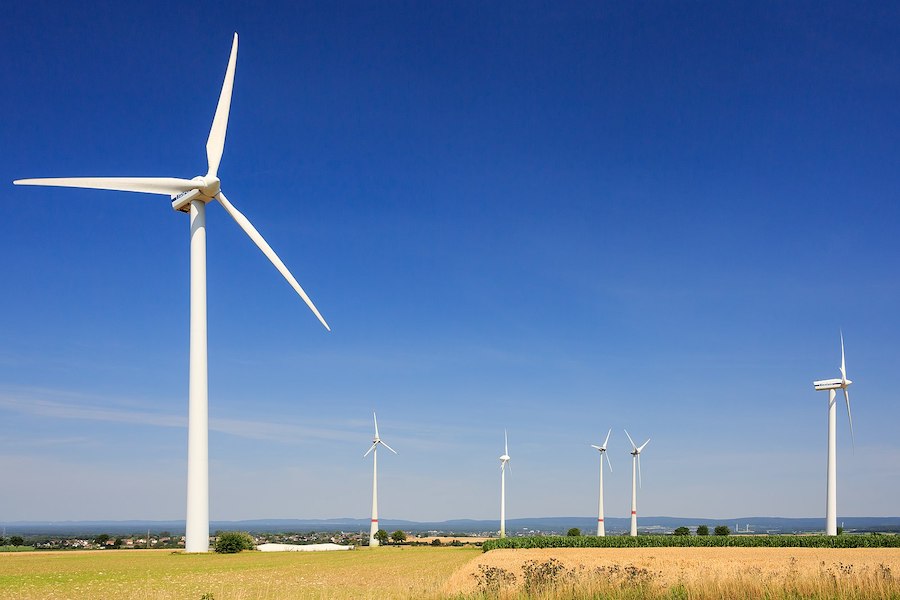Late backlash delays passage of new EU renewables targets

A group of countries including France has delayed at the eleventh hour the approval of new EU renewable energy targets, according to diplomatic sources familiar with the matter.
Diplomats from EU countries had been scheduled to approve the law on Wednesday after negotiators from EU countries and the European Parliament agreed what was supposed to be a final deal on it earlier this year.
The law would raise the EU’s share of renewable energy in its overall consumption to at least 42.5% by 2030. The countries’ review of the final draft on Wednesday was meant to be a formality.
But countries including France, Bulgaria, Romania, Poland, Hungary, Slovakia and the Czech Republic signalled this week that they would either oppose the law, or did not make clear their support for it, the sources said.
A French official said the country was concerned the rules would make it impossible to count low-carbon hydrogen produced from nuclear electricity towards the targets to use renewable fuels in industry.
The objecting countries together have enough votes to block the law – forcing Sweden, which holds the EU’s rotating, to delay the discussion.
Negotiations on the renewables law were tense earlier this year as pro-nuclear countries wanted nuclear-based hydrogen to be included. Nuclear energy does not produce planet-heating CO2 emissions and those countries say the EU should better support its contribution to climate goals.
Countries including Denmark and Austria disagreed, arguing the targets’ purpose was to drive the major expansion needed of renewable energy sources like wind and solar.
Diplomats said some countries had other concerns – including that the targets were simply too high, or over how the text handles ammonia, used as a fertilizer, and largely produced from natural gas-based hydrogen.
It is unusual for countries to block pre-agreed deals on EU laws, which typically take more than a year of political negotiations to agree.
But a precedent was set by Germany earlier this year when it delayed the passage of a law ending new combustion engine car sales in 2035 in order to secure an exemption for e-fuels.
The passage of another climate law, requiring airlines to use more sustainable fuel, was also postponed.
(By Kate Abnett and Julia Payne; Editing by Christina Fincher)
More News
Contract worker dies at Rio Tinto mine in Guinea
Last August, a contract worker died in an incident at the same mine.
February 15, 2026 | 09:20 am
{{ commodity.name }}
{{ post.title }}
{{ post.date }}




Comments